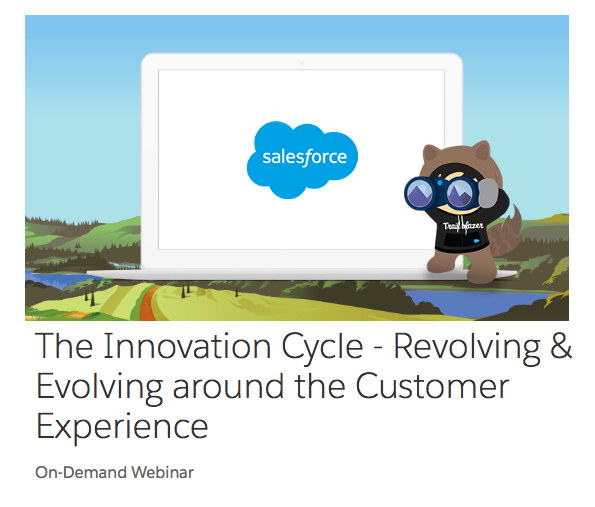Customer expectations are changing in too many ways to mention*, but one thing is for sure: they’re getting harder to satisfy.
*Okay, here are a few changes worth mentioning: Customers want greater personalisation, but they don’t want to jeopardise their privacy. They want better content, but are less inclined to pay for it. They want a seamless experience wherever they are, but they don’t want to have to log the same details every time they switch devices.
Every industry is feeling the heat, but media and entertainment brands are facing special pressure thanks to audience fragmentation and disruptive new market entrants.
We wanted to learn more, so we got some experts in the room together.
Marketing Week editor Russell Parsons sat down with Sonia Sudhakar, Marketing Director at The Guardian, and Steve Forde, Director of Marketing & Entertainment for Online at ITV, to get the inside view.
You can check out the webinar – or read on for some of the key points.
One issue that kept raising its head was customers’ growing demand for (and expectation of) highly personalised experiences.
Personalisation with a purpose
All personalisation should have a purpose. And the key purpose is to create a seamless experience for the customer.
Both Sonia and Steve agreed that many of the problems with personalisation come from losing that focus on the customer. Things like:
● Personalising for personalisation’s sake
● Going too far and entering ‘creepy’ territory
● Being overt when subtle is better
Ultimately, if you’re serving the customer the shows or articles they want in the easiest way for them, they don’t even have to know that personalisation is involved.
The OKR framework
Both Sonia and Steve mentioned that they used the OKR framework, or Objectives and Key Results – the same system that Google and many other big tech firms use.
Instead of focusing on what you want to build or implement, you focus on what you want to achieve.
As Steve summed it up, roadmaps tend to lead you to bad places. They promote the pursuit of outputs – at the expense of everything else.
In his words, OKR helps you to become “outcome-based rather than output-based”. Use the OKR framework and your team can work towards strategic outcomes in an intelligent way.
Sonia talked about how The Guardian have gone further and built cross-functional teams, so programmers, marketers and journalists all work together in small teams, helping them break out of their silos.
And because they’re all working towards a single KPI, they’re all on the same page.
This all liberates teams to respond to data – to see what’s working and do more of it, rather than be too inflexible to grab opportunities as they arise.
Getting things right
The general agreement was that people don’t want a more personalised experience. They want a better experience.
Steve mentions that there are three questions ITV Hub ask of customers:
- Why did you come here today?
- Did you find what you were looking for?
- Would you come back?
Those three simple questions can help keep the focus in the right place.
Lots of advice to take away
During the webinar, Sonia and Steve share a lot more advice on how to get things right.
They even found time to answer some great questions from the audience on building a team, developing a mobile strategy and how AI will shape the future of customer experience.
If you missed the discussion, you can check it out the recorded session now: The Innovation Cycle - Revolving & Evolving Around CX








